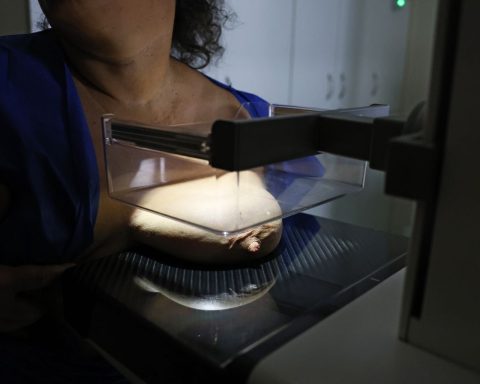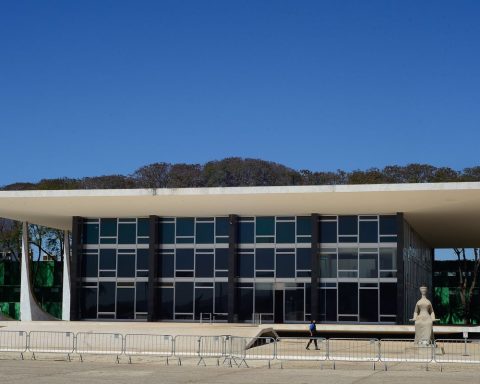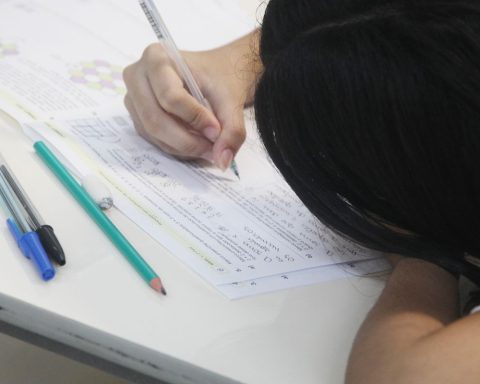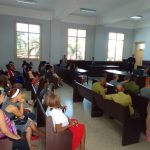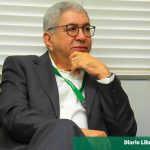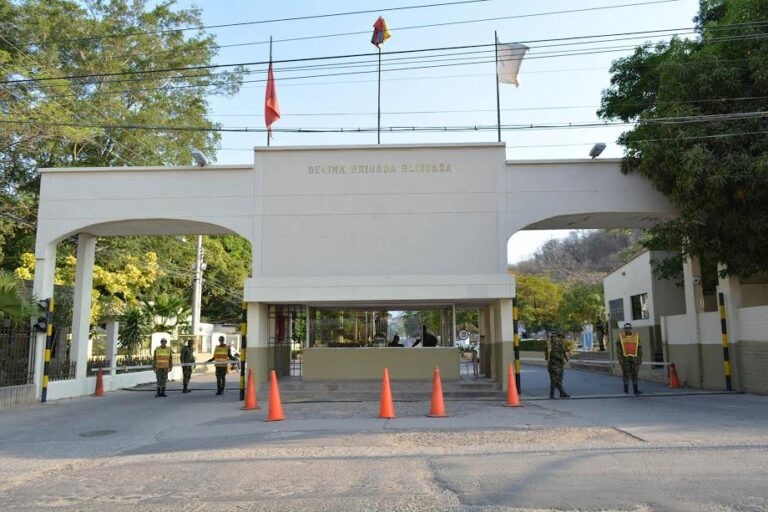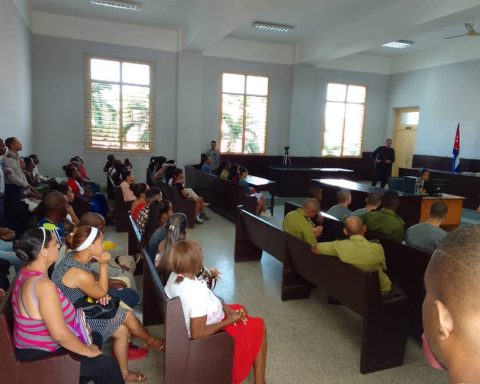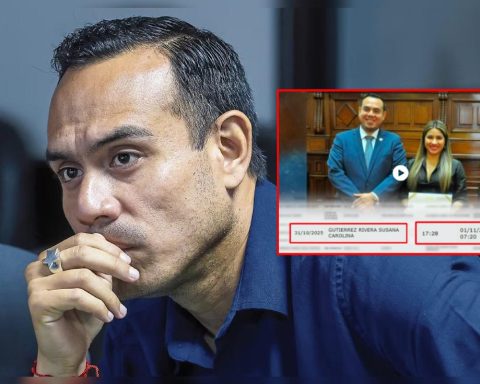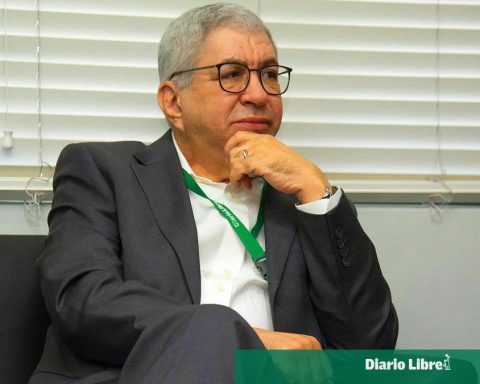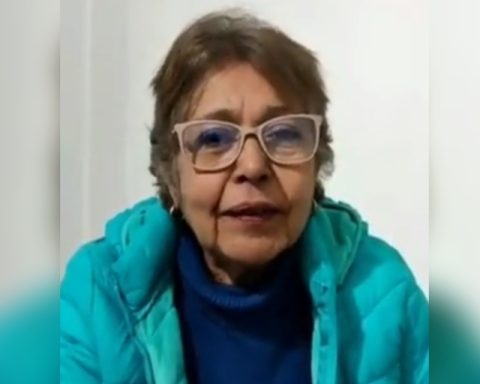During the covid-19 pandemic, one of the main fears of the 471 teachers in the city of Benjamin Constant (AM), which has about 45,000 inhabitants and has one of the 100 worst schooling rates in the country (89.5%, according to the IBGE). ), was that more students dropped out of school. Therefore, the teachers started to walk. They knocked from door to door asking students to turn on their radios loud and clear. Classes would arrive there. The voices of the teachers would be in a tune of proximity, even at a distance.
Other municipalities across the country adopted this strategy to reach homes where the radio would play a role in keeping classes even in that moment of adversity. What students may not know is that the educational role of radio is as old as the vehicle’s implementation in Brazil. Since the beginning, radio in Brazil has education as a cornerstone.
Democratization of education
Historian Maria Gabriela Bernardino explains that Rádio Sociedade, founded in April 1923 by Edgard Roquette-Pinto, had a predominant educational nature. “It was not a radio as we know radio stations today. The station had classes in school subjects and a very strong idea of democratization of education”.
It was no accident. The arrival of the radio was a new fact for a country, which at the time had more than 80% illiteracy. Over the airwaves, education could go far and provide a public service of unimaginable value. “One of Roquette-Pinto’s phrases was that the radio could be the school for those who have no school. In this period, the vehicle is already able to take education to the ends of Brazil. In 1936, Rádio Sociedade was transferred to the MEC and changed its name”, explains Maria Gabriela Bernardino.
Read more about the history of radio in Brazil
Who was the Brazilian priest who invented the radio?
What were the pioneer broadcasters until the Golden Age
guidelines
In this regard, researcher Liana Milanez contextualizes that radio was the great communication channel of the 1930s. “Roquette-Pinto wanted to maintain the premise of serving modestly as an instrument of education for the Brazilian people”. She explains that, in this scenario, the members of the Brazilian Academy of Sciences, who maintained the radio, should comply with the radio statutes and transfer all the assets of the station to the government, which happened on September 7, 1936. It was then that Rádio Sociedade became Rádio Ministério da Educação.
listen to the series One hundred years of radio in Brazil About Edgard Roquette-Pinto:
“That’s when the Ministry of Education and Health becomes the Ministry of Education and Culture. The radio was donated to the Ministry of Education, with a condition that Roquette imposed on the then minister Capanema: that the Rádio Ministério da Educação should continue with its exclusively educational activities, focusing on the motto he adopted there in the creation of the station – ‘pculture of those who live in our land, for the progress of Brazil'”.
listen to the series One hundred years of radio in Brazil About Radio MEC:
Radio scholars explain that Roquette-Pinto donated the radio in 1936 but remained in its direction. “In 1937, the Educational Broadcasting Service was created to operate the PRA-2, which was the station’s prefix. From the creation of this service, Roquette stayed ahead for another seven years, keeping the radio exactly as it was”, said Liana Milanez.
During the twenty years that Roquette-Pinto was in charge of the radio, it is estimated that 71 educational and cultural programs were broadcast. In 1943, the businessman handed over the management of the station to Fernando Tude de Souza, who would later speak: “the motto of 1923 is still the motto of 1948. Since May 11, I have directed Rádio Ministério da Educação, the successor to Rádio Sociedade do Rio de Janeiro, and I have done my best not to deviate from the rules laid down by the great Brazilian Roquette-Pinto and his companions on the journey in 1923″.
education in the air
From the 1940s onwards, the program College in the air was a hit with audiences, with classes in Portuguese, English, Spanish, French, Italian, Brazilian history, geography and natural sciences. “For example, in 1954, 6,500 students were enrolled, who were also served by the Post Office, through which they received the material. And that program, the college in the air, it was daily and was presented at 7 am and 8 pm. Then the students accommodated according to their needs. It was a very important program in the history of Radio MEC”, recalls Liana Milanez.
Historian Thiago Gomide, president of Rádio Roquette-Pinto, points out that the idea of a radio school was not born in Brazil and was inspired by experiences in other countries. “But Roquette-Pinto and other thinkers raised the importance of this vehicle being used in education – not to replace classrooms, but functioning as a support center for teachers”, he explains.
In this context, in 1934, a radio station was created to serve schools, with teachers at the microphone and a system for sending letters. It was the Rádio Escola Municipal do Distrito Federal, founded by Edgar Roquette-Pinto and Anísio Teixeira. In the late 1940s, the station was renamed Radio Roquette-Pinto. Discover the history of the network in the episode of the series One hundred years of radio in Brazil, gives Radio MEC:
audience success
Marlene Blois, also a researcher, recalls another initiative that was successful in 1941 at the National Radio: a university in the air. “The proposal was to focus on secondary school teachers, which was a major problem in Brazilian education. The program reached almost five thousand radio students in the first year”. Another milestone was the proposal for the basic education courses of the Sistema do Rádio Educativo Nacional (SIREN), led by the Ministry of Education, which operated from 1957 to 1963. “One year after the creation of SIREN, there were already 11 stations broadcasting their courses. In 1961, there were already 47 stations. The idea there was a radio that was open to the discussion of a radio that would train a more critical and participatory citizen”, says Marlene Blois.
In the 1970s, the government created the Minerva Project for the use of radio in favor of adult education in the country. According to the government, the project would have benefited, in the first phase, at least 175 thousand hearing students, in 19 states. Also according to the survey, in the second phase of the project, 560 lesson programs were produced. It is estimated that 370,381 students were benefited, in at least 3,813 municipalities (the numbers appear in the book Radio MEC: legacy of a dreamby Liana Milanez).
Minerva made it possible, for example, for students leaving Mobral to (acronym for Brazilian Literacy Movement, an initiative created in the 1970s to teach the illiterate urban population between 15 and 35 years of age to read and write) could continue their studies in elementary and high school at the time (elementary and high school) via mandatory transmission of 30 minutes daily by all stations and one hour and a quarter on weekends. Marlene Blois details how the classes worked: “The head of the network was the Radio MEC. The student who missed the radio transmission could recover in the discussion with colleagues. This pedagogy was created by the Minerva Project gives Radio MEC”.
In one day, the program, for example, brought together teachings of Portuguese and history (15 minutes per class). The other day, the students listened to the math and science teachers. The students received the printed fascicles free of charge, through the Post Office, and could also follow the classes in places called radioposts, where there was a monitor and a radio device.
The project was publicized throughout the country with radio calls. The jingle invited students to participate: “I want to know more. I need to know more. Minerva is on the air (…) After we study, everything changes and Minerva is there to change. MEC’s Educational Broadcasting Service presents: Minerva Project: education for all”. Listen:
The classes had popular language and sound effects (listen to a snippet of a radio lesson below): “How many times, on a starry night, do we stop to look at the sky and ask ourselves romantically: ‘what mysteries are there behind those bright dots?'”.
Between 1973 and 1974, the Saci project trained 2,000 lay teachers and 16,000 elementary school students received these teaching programs. The radio, as it reaches the different corners of the country, was also used, in the 1980s, for the Seringueiro project, carried out in Acre, inspired by the philosophy of Paulo Freire. “It was a pilot project, which had a completely different didactics. were teachers of Radio MEC to Acre. A vocabulary survey was carried out, we talked to the rubber tappers about what they wanted in terms of educational radio. The rubber tappers were re-literate,” says Marlene Blois.
listen to the series One hundred years of radio in Brazil about radio and education:
All this trajectory has made education come to inspire public and commercial broadcasters. “As the first radios had this educational character, many were called educating radios. Then, educational radios”, says teacher Magaly Prado. This function of educating the country, inspired by the ideals of Roquette Pinto, survives strong, as the researchers point out, to integrate the country and even go through a pandemic. Let the students of Benjamin Constant say it, on the Amazon frontier, and in so many places where these waves arrive.
series of reports
In celebration of the 100th anniversary of radio in Brazil, completed on September 7, 2022, the Brazil Agency publishes a series of ten reports on the main historical curiosities of Brazilian radio.
The centenary of radio in the country will also be celebrated with multiplatform actions in other EBC vehicles, such as radio agency National and the Radio MEC which will broadcast, daily, interprograms with interviews and collection surveys to address various historical aspects related to the vehicle. The idea is to rescue outstanding personalities, programs and broadcasters present in the affective memory of listeners.
*with interviews made by Carol Barreto, from Radio MEC
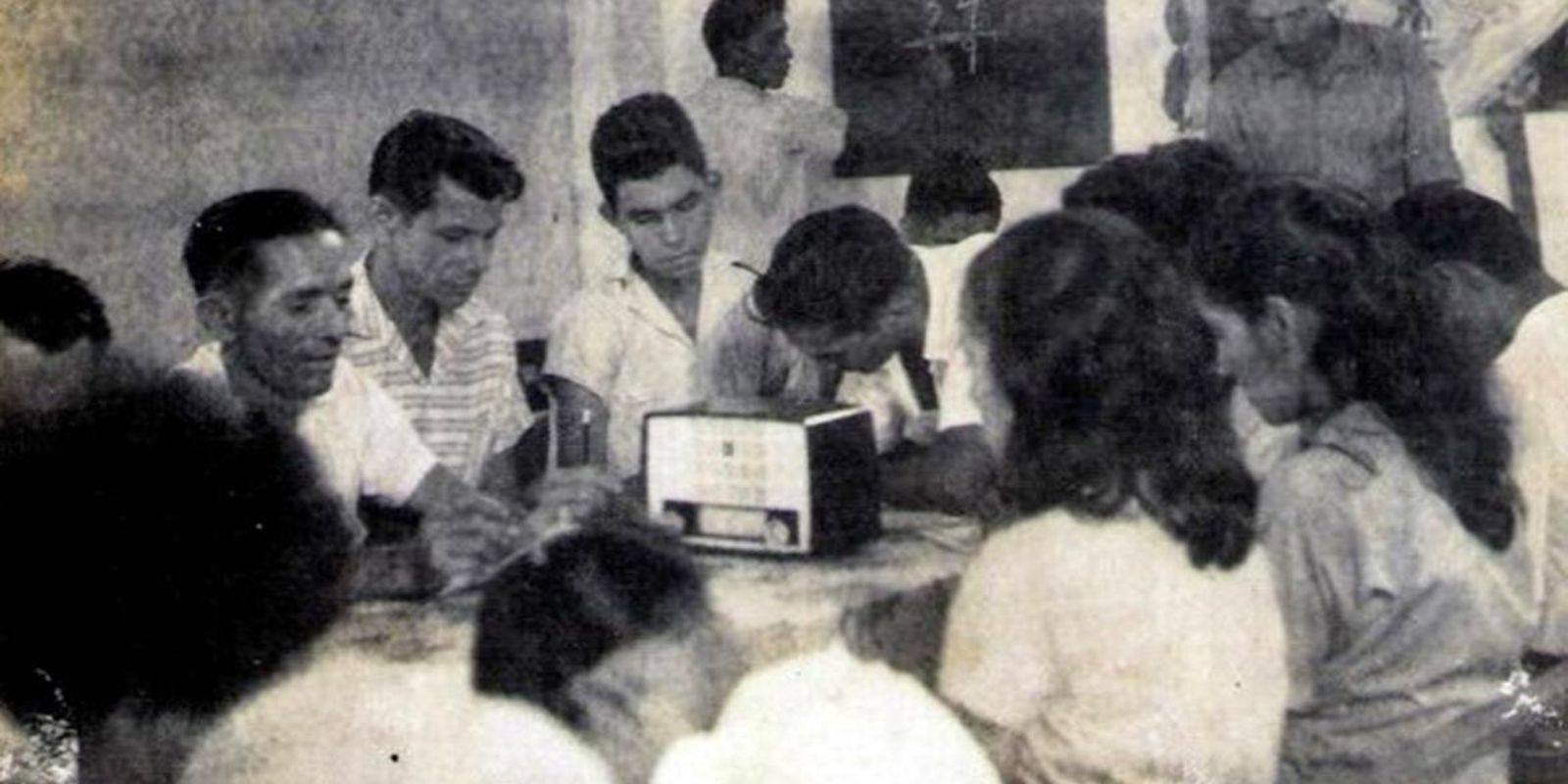
![National Agency Patron [Tude de Souza] speaking on Radio Roquette Pinto (1940s). Photography: National Agency (RJ). Source: CREP. Tude File 12/34.](https://agenciabrasil.ebc.com.br/sites/default/files/thumbnails/image/loading_v2.gif)



